Precision in Flight, Powered by Experience
We help pilots and businesses fly smarter, safer and legally
At Alpha Tango Drone Services, we don’t just fly drones, we elevate possibilities. Whether you’re a business looking to harness aerial technology or an individual pursuing FAA certification, we make drones work for you, and keep you compliant while doing it.
Need your FAA Part 107 Remote Pilot Certification? Our accelerated training programs, built around real-world application and current FAA standards, will get you certified fast and effectively. Ready to expand into BVLOS (Beyond Visual Line of Sight) operations or want to navigate LAANC (Low Altitude Authorization and Notification Capability) airspace approvals with confidence? We provide the tools, knowledge, and guidance to help you fly legally, smartly, and with purpose.
From aerial photography and videography in real estate, to precision agriculture, construction site monitoring, cinematography, public safety, infrastructure inspection, surveillance, and utility performance tracking, drones are revolutionizing industries. At Alpha Tango, we’re at the forefront of this transformation.
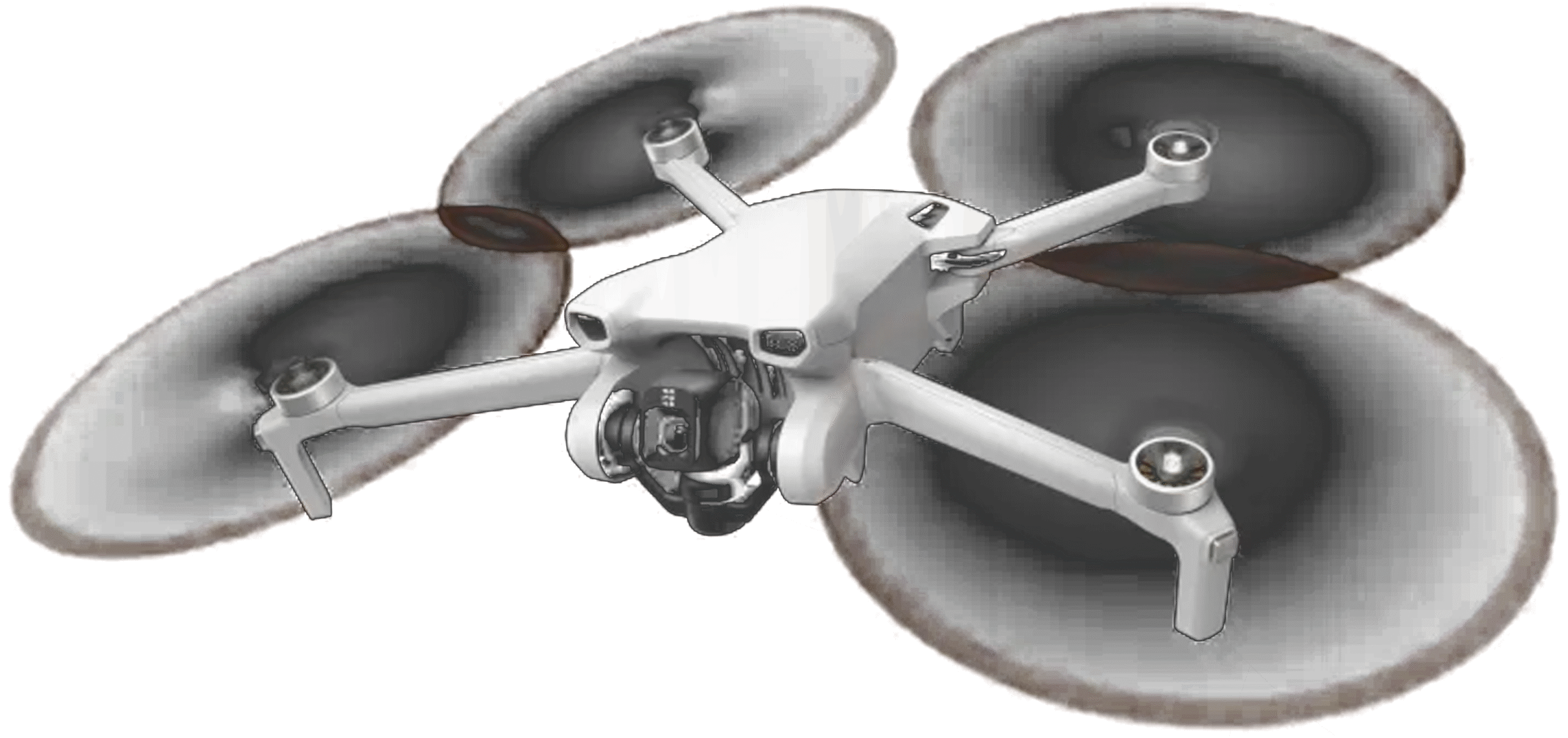
Our Legacy
A Century of Aviation Excellence
Alpha Tango Drone Services is a division of Alpha Tango Aviation, established in 1980 in San Antonio, Texas, one of the longest-operating aviation service providers in the region. Our leadership and training team includes aviators, flight instructors, aeronautical engineers, and military and commercial aviation experts, combining over 100 years of aviation experience.
Our Expertise
Where Aviation Legacy Meets Drone Innovation
Alpha Tango Drone Services is a division of Alpha Tango Flying Services, established in 1980 in San Antonio, Texas, one of the longest-standing aviation services in the state. Our leadership and training team includes a seasoned group of aeronautical engineers, flight instructors, military aviation experts, and commercial pilots, up to 50 years, combining over a century of global aviation experience.
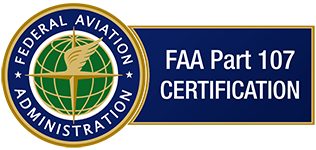
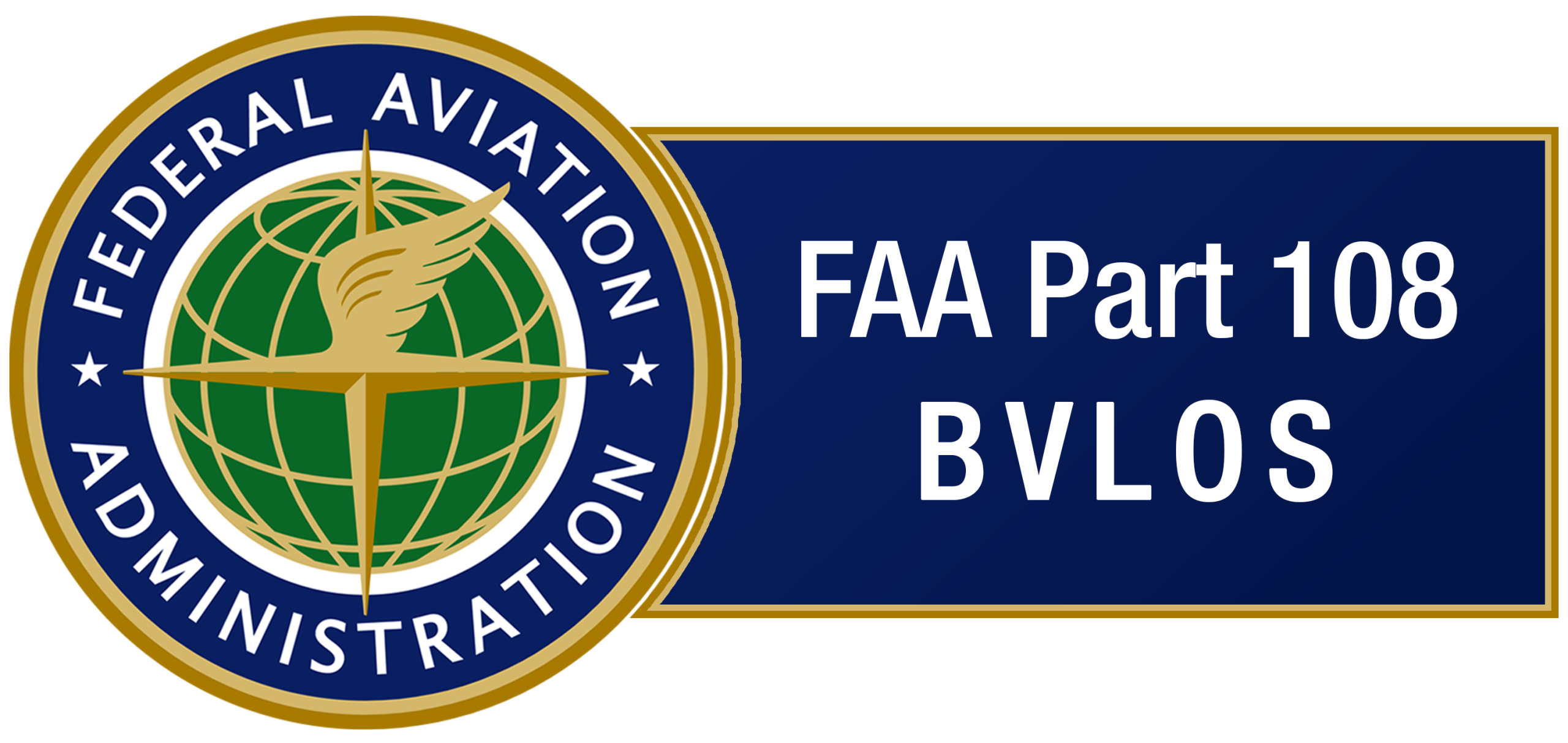
Every course, consultation, and drone integration plan is backed by real aviation insight, proven practices, regulatory rigor, and operational excellence
FAA Regulations & Your Advantage
FAA Part 107
Required for all commercial drone pilots in the U.S., this rule governs how drones can be operated safely and legally for business. Alpha Tango offers comprehensive Part 107 preparation, including airspace navigation, weather interpretation, flight performance, and operational procedures.
FAA Part 108 (Proposed)
This upcoming regulation focuses on Beyond Visual Line of Sight (BVLOS) operations. We stay ahead of the curve to train future-proof drone pilots and businesses ready for this next frontier of autonomous and remote operations.
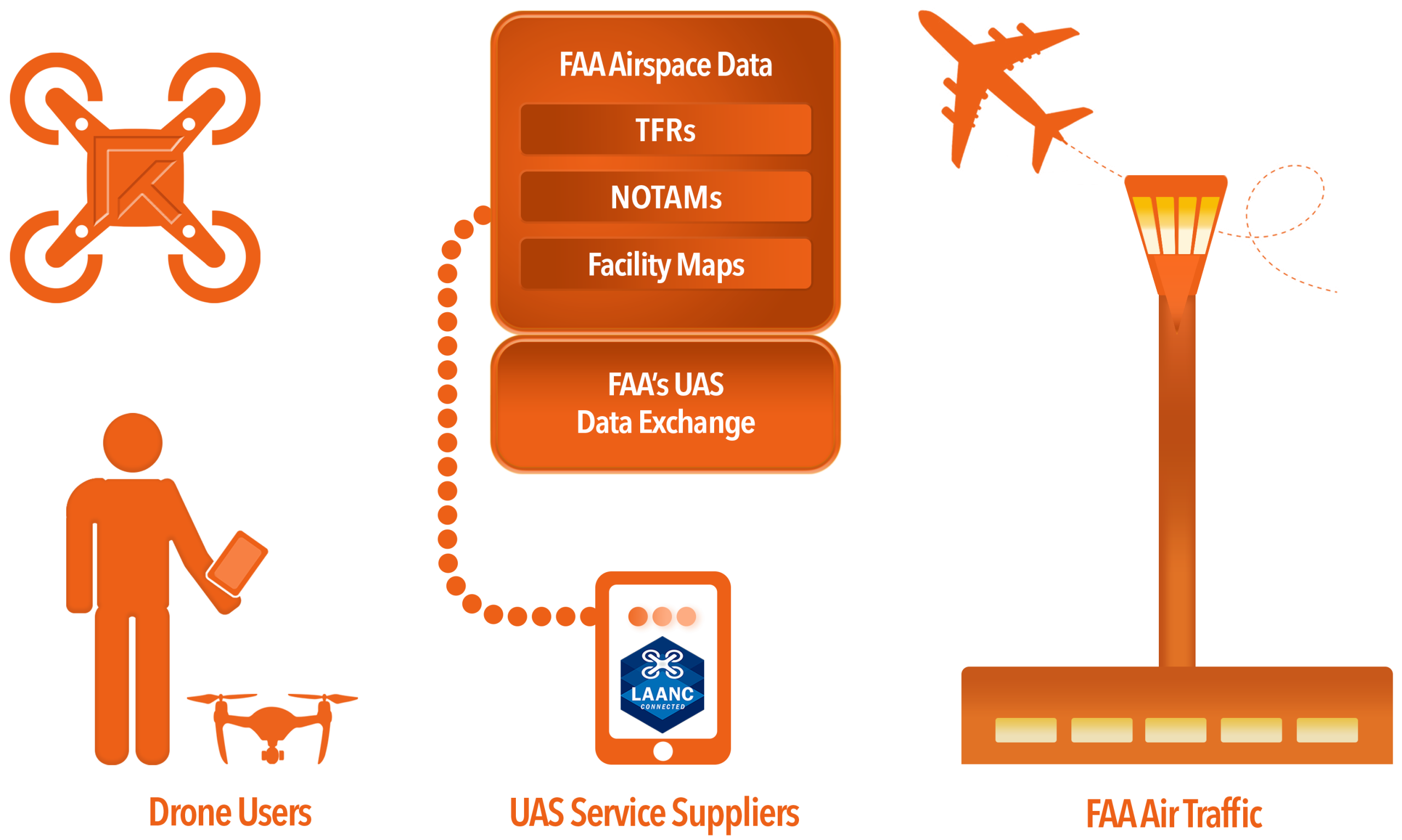
LAANC
(Low Altitude Authorization and Notification Capability)
Integrated directly into our training, we equip you with the tools to access controlled airspace near airports, instantly and legally, through FAA-approved systems.
B4UFLY
Airspace-awareness tool for recreational drone operators. It helps you determine if it’s safe to fly at a chosen location, showing airspace restrictions like controlled airspace, TFRs, parks, airports, etc.
Why Choose Alpha Tango?
Let’s get airborne, intelligently!
Real Aviators, Not Only Operators
End-to-End Drone Integration
Hands-On + Online Training
FAA and Industry Aligned
Whether you’re aiming to become a certified commercial drone pilot, train your team, or deploy a scalable drone program across operations, Alpha Tango is your trusted partner to fly smarter, safer, and way cooler.
